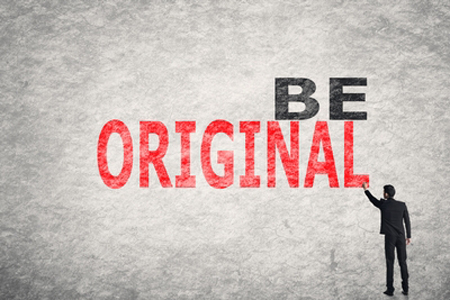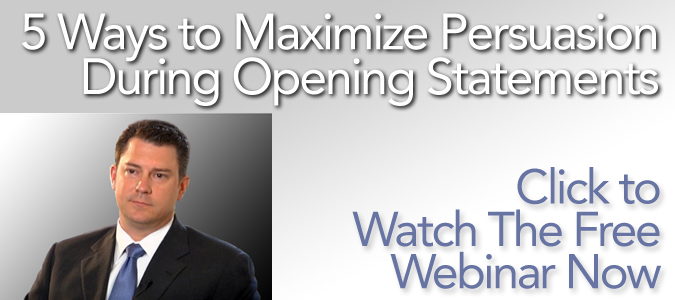by Ken Lopez
Founder/CEO
A2L Consulting
Unfortunately, I have the memory of an elephant when it comes to life's uncomfortable moments. One of those occurred during undergraduate school at the University of Mary Washington almost 30 years ago. Like it was yesterday, I remember reviewing my professor's notes on a graded paper. Burned in my memory is the red-pen-circled-notation, "cliché."
At the time I really didn't understand why using a cliché would be a problem. After all, it's just a linguistic shortcut, and having my professor deduct points for it struck me as splitting hairs. At the end of the day, a cliché is really just a culturally entrenched phrase that shortcuts language and allows us to speak more efficiently, right? Well, not exactly. Clichés are really the place where good metaphors go to die. That is, what was once a useful language shortcut becomes so overused that it is negatively labeled a cliché.
So, what's all the hubbub about when it comes to using clichés in litigation for persuasion? It turns out that by taking the easy way out and using a cliché, you will significantly harm your courtroom persuasion efforts.
Using functional MRIs, neuroscientists have found that once a clever turn of phrase or metaphor becomes overused to the point that it can now be fairly called a cliché, the human brain shows far less interest in processing it. The cliché is often entirely ignored by listeners, and in this case, ignorance is not bliss. Instead of engaging many parts of the brain as happens when one hears original thoughts and language, the processing is minimal. When the brain's processing is minimal, your persuasion efforts are a lost cause.
The phenomenon is quite similar to the way our brain treats the many different greetings you hear from a barista as "hello" even if they say "how are you?" or "how's it going?" Just as these phrases are simply variations of a greeting that your brain rarely takes time to process, a cliché used in a litigation setting, will be glossed over and will simply fall on deaf ears.
When you are looking for that perfect metaphor, consider using one that has not yet become a cliché, or modify an existing cliché to force your listeners to process it. We have written often about the power of litigation storytelling done well and have even released a book on the topic. Connecting with your listeners effectively so that you can engage them on an emotional level requires the avoidance of clichés.
So, take the road not taken. Take the world by storm. Wipe the slate clean, and raise the bar! There's no time like the present to write and speak originally. Doing so will increase your persuasiveness whether you are drafting a brief or delivering an opening statement.
Someday, you will thank me for this, just as I am thankful for that college professor that set me on a path to success, even though I'm still licking my wounds after all these years. Remember always, that those who do not look back at where they come from will not reach their destination.
*Disclaimer and a contest: There may be more clichés packed into this article than you can shake a stick at, and it is, I hope, obviously intentional. But, how many clichés would you say there are in this article? If you are the first to come up with the right number and leave it in the comments, I'll send you a Starbucks gift card so you can enjoy interacting with that barista even more than you do already. Feel free to make an argument for those close-call clichés. Yes, the disclaimer is part of the article too.
Other articles related to persuasion, metaphors and courtroom communications from A2L Consulting:
- Lists of Analogies, Metaphors and Idioms for Lawyers
- 7 Things You Never Want to Say in Court
- 7 Things Expert Witnesses Should Never Say
- Free Webinar: 5 Ways to Maximize Persuasion During Opening Statements
- Like It or Not: Likeability Counts for Credibility in the Courtroom
- 7 Ways to Avoid Making Your PowerPoint Slides Your Handout
- 5 Essential Elements of Storytelling and Persuasion
- 5 Voir Dire Questions to Avoid
- Hyperlinking Briefs: Be More Persuasive Using The iPad
- 14 Differences Between a Theme and a Story in Litigation







Leave a Comment